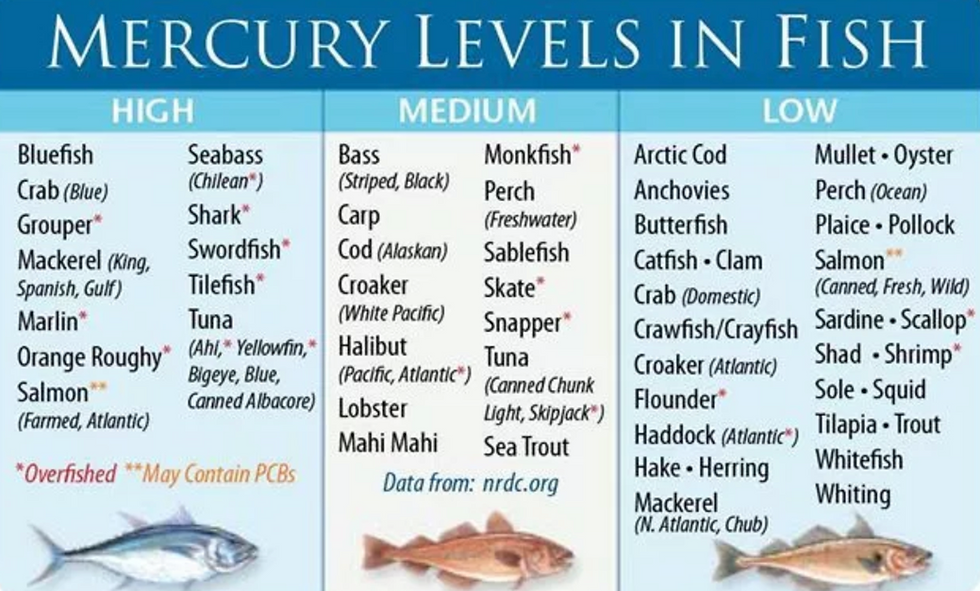New Solvent-based Recycling explored in Michigan
- kautantowitmecautea
- Nov 24, 2020
- 2 min read
KM-HQ; 11/24/2020
University of Wisconsin-Madison engineers have pioneered a method for reclaiming the polymers in these materials using solvents, a technique they've dubbed Solvent-Targeted Recovery and Precipitation (STRAP) processing. the STRAP process to separate the polymers in a commercial plastic composed of common layering materials polyethylene, ethylene vinyl alcohol, and polyethylene terephthalate.
This invention relates generally to recycling processes and more particularly to an improved process for recycling plastic waste materials in which paper and other accompanying contaminant waste materials may be recycled together with the plastic waste materials. Plastic waste materials consume nearly thirty percent of the present landfill volume around the world.
The project stems from UW-Madison's expertise in catalysis. For decades, the university's chemical and biological engineering researchers have pioneered solvent-based reactions to convert biomass -- like wood or agricultural waste -- into useful chemicals or fuel precursors. Much of that expertise translates into solvent-based polymer recycling as well.
About 100 million tons of multilayer thermoplastics -- each composed of as many as 12 layers of varying polymers -- are produced globally every year. 40% of that total is waste from the manufacturing process itself, and because there has been no way to separate the polymers, almost all of that plastic ends up in landfills or incinerators.
A solvent based plastics recycling process directly reduces large volumes of post consumer plastic waste materials by up to 500% by volume.
The team is continuing its research on STRAP processing through the newly established Multi-University Center on Chemical Upcycling of Waste Plastics, directed by Huber. Researchers in the $12.5 million U.S. Department of Energy-funded center are investigating several chemical pathways for recovering and recycling polymers.
A solvent based plastics recycling process directly reduces large volumes of post consumer plastic waste materials by up to 500% by volume. Minimal sorting and no cleaning is required, and large percentages of contaminants are tolerated. The process yields a highly adhesive resin which cures to a hard wood or masonry type material. The reduced end product, an epoxy sludge, may be formed to provide a lumber or brick substitute. Large percentages of shredded paper and other waste materials, including metals, may be added to the plastic waste materials, if desired.
Many organizations have invested large amounts of money to develop various recycling processes that have not proven to be cost effective. These conventional plastics recycling efforts have typically involved very labor intensive, time consuming sorting of the plastic waste materials according to plastic species. In some cases, recycling has involved remixing of various plastic species to produce a particular product. All known processes for recycling plastic materials require heat molding, and they tolerate only very small amounts of contaminant materials. All of these prior art plastics recycling processes are more expensive than virgin material manufacturing techniques.
This research was supported by a grant from the U.S. Department of Energy (DE-SC0018409).



Comments